
Similar Posts
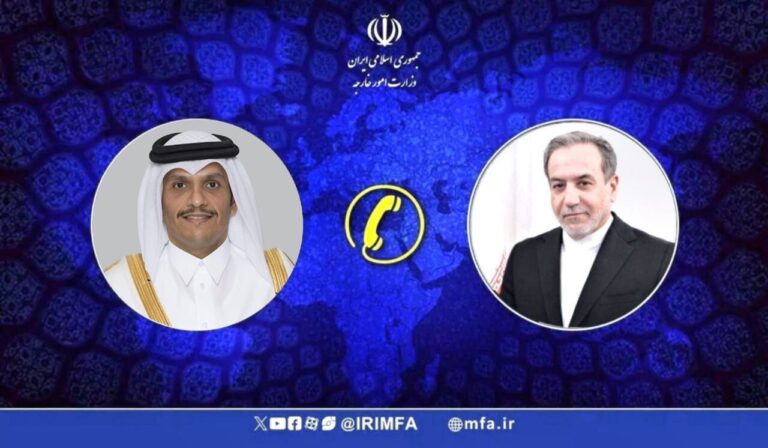
Strengthening Bilateral Ties: Foreign Minister Araqchi and Qatari Counterpart Address Gaza Situation
Iran’s Foreign Minister Abbas Araqchi and Qatari counterpart Mohammed bin Abdulrahman Al Thani held a significant telephone conversation on April 21, 2025, aimed at strengthening bilateral relations amid the humanitarian crisis in Gaza. They discussed enhancing cooperation between the two countries, regional developments, particularly the Gaza situation, and ongoing nuclear negotiations. Additionally, they addressed various mutual interests to reinforce their partnership. This dialogue underscores both nations’ commitment to tackling critical regional challenges and fostering collaboration in the face of adversity.
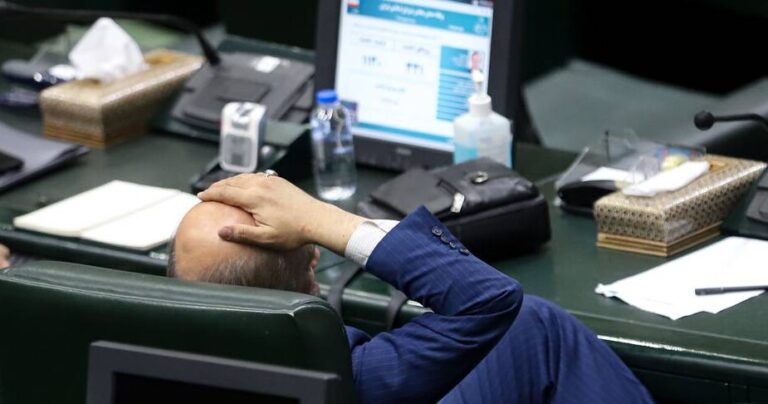
Tehran’s Domestic Challenges Loom Large Amid Washington Negotiations
Iran is facing a critical foreign affairs situation, engaging in talks with the U.S. while grappling with severe domestic issues. The government, led by Masoud Pezeshkian, struggles with basic reforms, such as daylight saving time, which could alleviate the energy crisis. Critics, including former politician Mostafa Hashemi-Taba, highlight a lack of rational governance and public participation. Proposed changes, like shifting the weekend to facilitate commerce, are stalled due to bizarre opposition. Meanwhile, pressing issues like water shortages and electricity cuts remain unaddressed, leading to civil unrest. The need for effective governance and public engagement is increasingly urgent as Iran navigates these challenges.
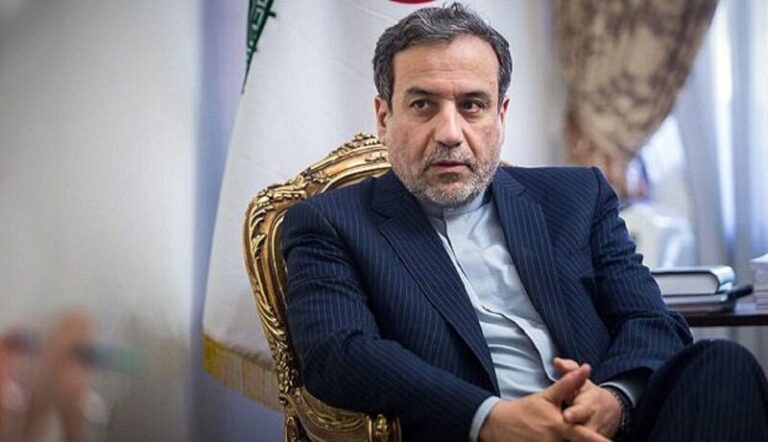
Iran’s Foreign Minister Sends Heartfelt New Year and Spring Festival Wishes to China
Iranian Foreign Minister Abbas Araghchi recently sent a message to the Chinese government and citizens, emphasizing the significance of the Spring Festival as a cultural bond between Iran and China. He congratulated President Xi Jinping and the Chinese people on the New Year, highlighting the festival’s representation of solidarity and friendship. Araghchi noted the ongoing “Glory of Ancient Iran” exhibition in Ürümqi and the “Land of Kindness” exhibition in Changliu, promoting cultural exchanges. He encouraged Chinese citizens to visit Iran during Norouz celebrations to explore Iranian civilization and concluded with wishes for peace, equality, and cooperation globally.
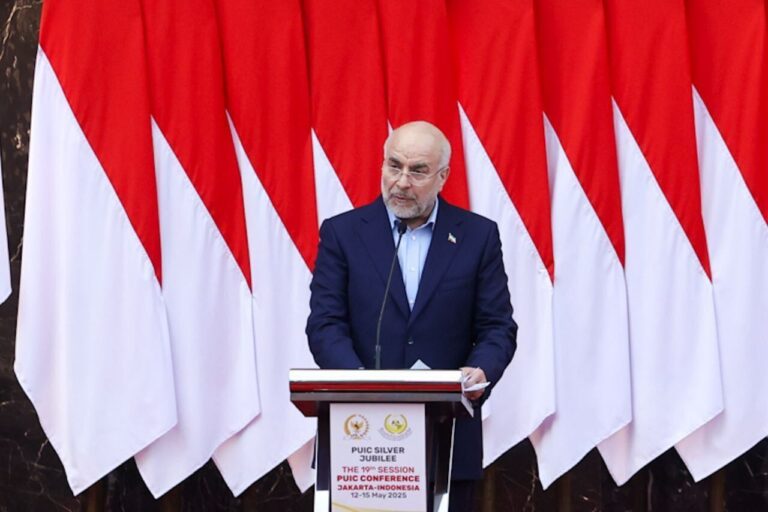
Parliament Speaker Calls U.S. Support for Israel the Catalyst of Regional Unrest
Iranian Parliament Speaker Mohammad-Baqer Qalibaf criticized the U.S. for contributing to instability in West Asia, particularly through its support for Israel, which he labeled a “proxy force.” Speaking at the PUIC conference in Jakarta, he emphasized the unprecedented crises the world faces, including economic instability and climate change, while questioning the legitimacy of the current international order. He condemned the Gaza conflict as a “full-fledged genocide,” asserting that the U.S. enables Israel’s actions. Qalibaf urged Islamic nations to unite to end the Gaza blockade and isolate Israel, advocating for Palestinian self-determination and the establishment of an independent state.
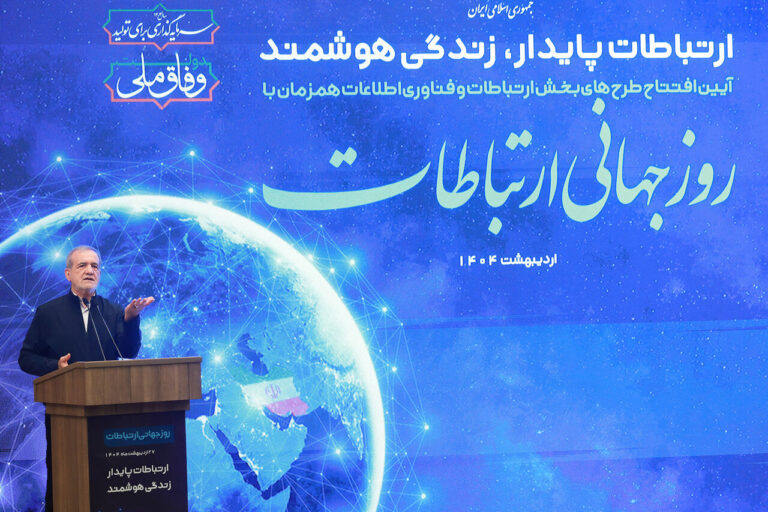
Iran Stands Firm: President Asserts No Desire for Conflict Amidst Threats and Bullying
In a recent address, President Masoud Pezeshkian affirmed Iran’s commitment to enhancing cooperation with neighboring countries while resisting threats to its rights. During a ceremony for communication and technology projects, he emphasized that Iran seeks peace but will not yield to coercion, responding to Western media claims about potential compromises in scientific achievements during U.S. negotiations. Pezeshkian urged unity against unilateralism and highlighted the need for excellence through the expertise of scholars. He also stressed the importance of knowledge-based companies adhering to standards for effective management and policy-making, advocating for transparency and updated data to improve quality and reduce costs.
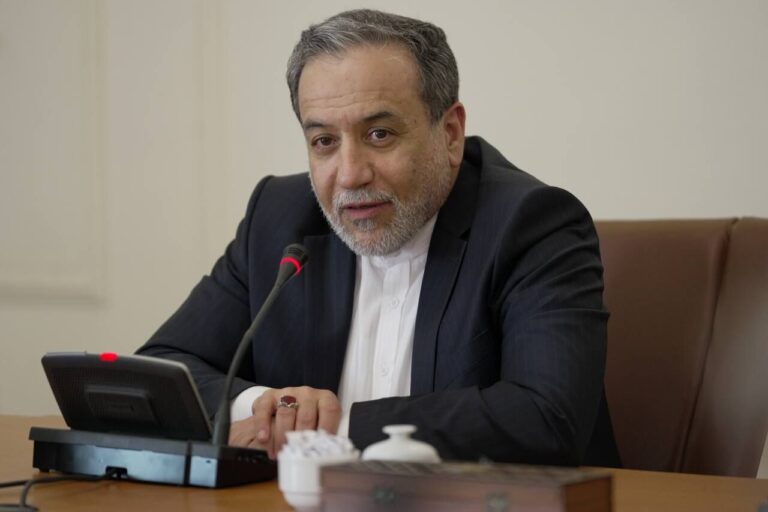
Iran’s Foreign Minister Declares: Our Right to Enrichment is Non-Negotiable!
Iran’s Foreign Minister Abbas Araqchi declared that the country will not negotiate its right to enrich uranium amid ongoing indirect talks with the U.S. He criticized U.S. demands as “unreasonable and illogical,” particularly referencing comments from U.S. envoy Steve Witkoff, who stated a deal requires Iran to abandon uranium enrichment. Araqchi emphasized that Iran’s enrichment rights are non-negotiable and aligned with Ayatollah Khamenei’s stance against needing permission from any nation. Khamenei also urged U.S. officials to cease making unfounded claims. Currently, Iran and the U.S. are engaged in indirect negotiations to replace the nuclear deal abandoned by the Trump administration.